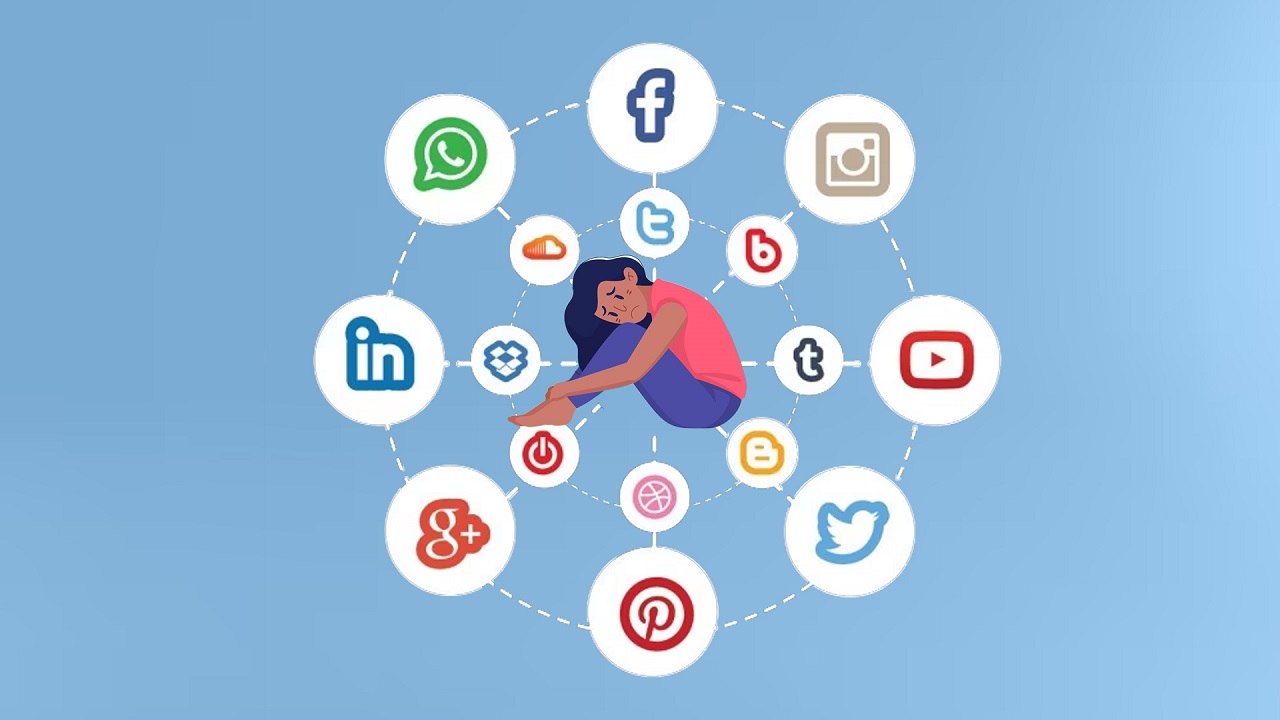The Impact of Social Media on Mental Health: Tips for a Healthier Online Life
This blog discusses the impact of social media on mental health and provides tips for a healthier online life. It highlights that social media can create feelings of anxiety, depression, and isolation due to social comparison, cyberbullying, FOMO, and addiction. The tips provided for a healthier online life include limiting social media usage, unfollowing negative influencers, taking breaks, being mindful, and seeking support from mental health professionals. Overall, the blog emphasizes the importance of using social media in a way that benefits mental health and well-being.

In the modern world, social media has become a significant part of our lives. It has changed the way we communicate, works, and socialize. While social media platforms have provided us with countless benefits, such as staying connected with friends and family, discovering new information, and promoting businesses, it also has their downsides.
Social media can have a negative impact on our mental health, as it can create feelings of anxiety, depression, and isolation. In this blog post, we will explore the impact of social media on mental health and provide tips for a healthier online life.
The Impact of Social Media on Mental Health
Studies have shown that social media can significantly impact our mental health, and the effects can vary from person to person. Here are some ways social media can affect mental health:
-
Social Comparison: Social media can create a culture of comparison, where we constantly compare our lives to others. This can lead to feelings of inadequacy, envy, and low self-esteem.
-
Cyberbullying: Social media platforms can also be a breeding ground for cyberbullying, where individuals can harass or bully others anonymously.
-
FOMO: Fear of Missing Out (FOMO) is a familiar feeling that social media can create. Seeing posts of others having fun or achieving success can lead to feelings of anxiety and isolation.
-
Addiction: Social media can be addictive, as it triggers the release of dopamine in the brain, which is the same chemical released during drug use.
Tips for a Healthier Online Life
While social media can have negative effects on our mental health, it is possible to have a healthier online life. Here are some tips:
-
Limit Your Time on Social Media: One of the easiest ways to reduce the negative impact of social media is to limit the amount of time spent on it. Consider setting a time limit for social media users each day.
-
Unfollow Negative Influencers: If you find that following certain accounts is causing negative feelings, consider unfollowing them. Follow accounts that inspire you and promote positivity.
-
Take Breaks: Taking breaks from social media can help to reduce the negative impact it can have on your mental health. Consider taking a social media detox for a day, a week, or even a month.
-
Be Mindful: When scrolling through social media, remember your thoughts and feelings. If you find yourself feeling negative, take a break or engage in activities that promote positivity.
-
Seek Support: If social media is affecting your mental health, seek support from a mental health professional. They can provide you with tools and techniques to help manage the impact of social media on your mental health.
Conclusion
Social media has become a significant part of our lives, but it can also have a negative impact on our mental health. By being mindful of our social media usage and following these tips for a healthier online life, we can reduce the negative impact social media can have on our mental health. Remember, social media is a tool, and it is up to us to use it in a way that benefits our mental health and well-being.










